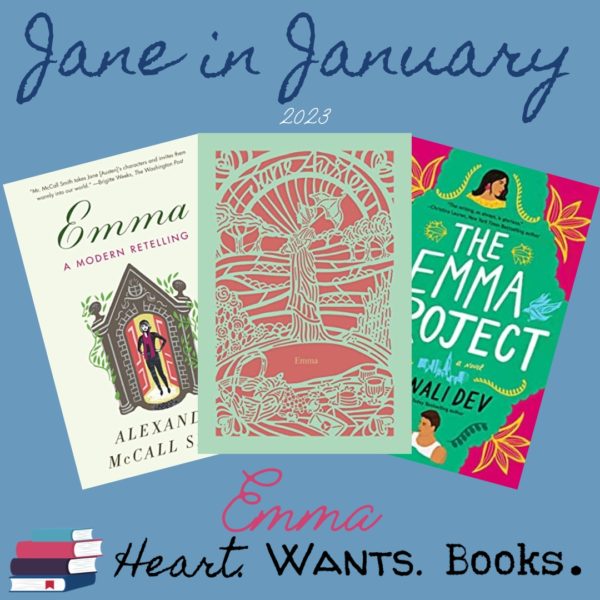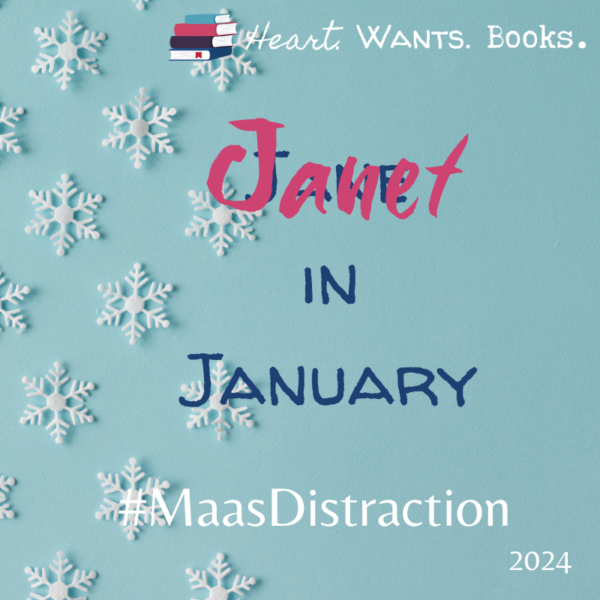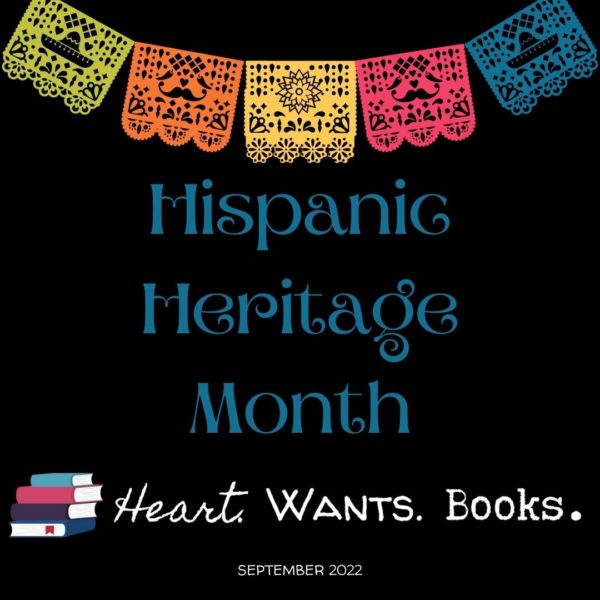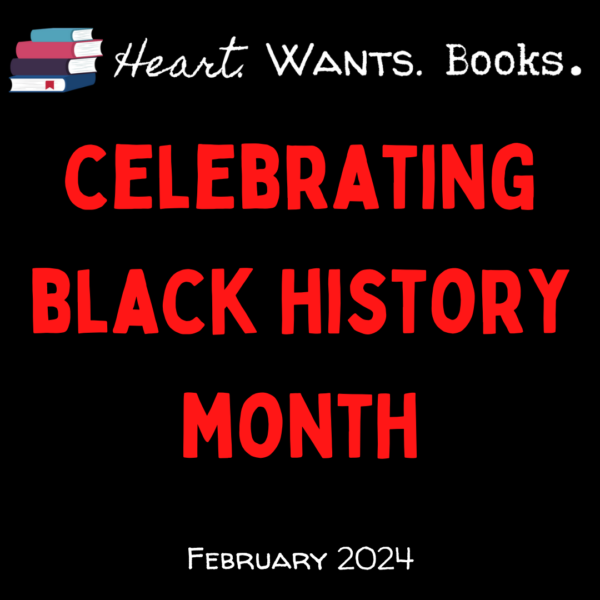Celebrating Black Authors February 1, 2021

The following post includes affiliate links. More details here. As you’re doing your Amazon shopping, we’d be ever so grateful if you’d use our affiliate link to do so as it helps pay the bills around here!
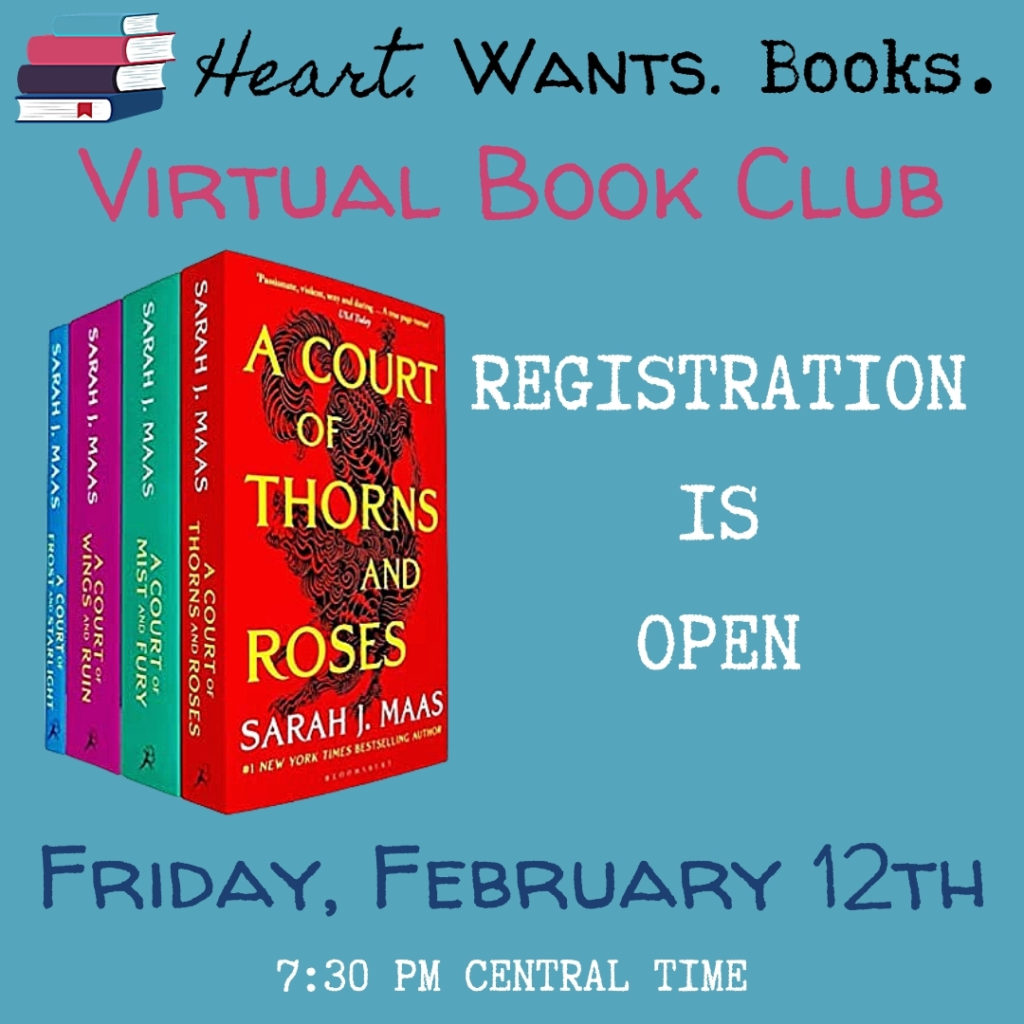
There’s something really special about stepping out of the cold, wet darkness of January into February with all its promises of spring and love for all. It makes me wonder if it’s a bit like waking up in a new body, or maybe realizing you’re the wolf not the mouse. Join us Friday, February 12 at 7:30 p.m. CST to chat about what those things might be like and so much more as spoilers will abound for all of Sarah J. Maas’s A Court of Thorns and Roses series. Sign up here to make your predictions about who the wolf is in A Court of Silver Flames as we shift from counting weeks to counting days until it hits our kindles and mailboxes.
And if you’re looking for something a bit more grounded than an amazing fantasy series, March’s Virtual Book Club title, Anne Bogel’s latest book – Don’t Overthink It: Make Easier Decisions, Stop Second-Guessing, and Bring More Joy To Your Life might be just the title for you. We’ll discuss it on Friday, March 26 at 7:30 p.m. CST and would love for you to join us.
Oh dear readers, January was dark and full of terrors and I am ready to emerge into the light! February has exploded onto my dining room table / school table / craft zone as I’m still over here trying to reacclimate from the holidays. For me, I’m trying to focus on kindness and the many ways that can manifest this month. I have Girl Scout cookies and I’m ready to show some love! How are we showing bookish love this month? Well, through a little Galentine’s celebration aka Virtual Book Club (dudes are welcome, too) and the titles we bring to you this month. In addition to February’s focus on love and Valentine’s, it’s also Black History Month. We’re showing our love for our Black friends and neighbors, but also for ourselves and our world, through bringing you books by Black authors all month, and most of them were published in 2020, so they’re newish too.
I want to dig in a bit about diverse authors though, so stay with me while I pull up a soap box. I read mostly books by white women. If I don’t purposefully incorporate diverse authors into my reading life, which is one of my reading goals, then I do not have diverse voices speaking into my life through books. As a person who seeks to love my neighbors (meaning all individuals I come in contact with) well, I need to seek to understand their perspectives, and books are one of several ways I can do that. When a bookish friend who doesn’t look like me said that she and her people haven’t read Harry Potter and aren’t really interested because none of the characters look like them, I took that to heart and asked myself what I’d read recently where people do look like her. I didn’t like the answer, so I started searching out books by authors who don’t look like me. Sometimes that means going back to the classics that weren’t in my curriculum in high school and reading authors like Zora Neale Hurston, (which is only improved by listening to Kara Brown and friends discuss). Other times it means I have to look in different places than usual (like last month when I Googled “diverse Jane Eyre retelling” because I was not going to start 2021 off without a diverse author on the list), but always it means I learn something about my friends and neighbors, and also about myself. (I wish I was kidding about Googling, but readers, it’s only stupid if it doesn’t work.)
Last week, Patricia Park shared with us so much about Korean culture and the experience of a family of first generation immigrants through the eyes of Jane Re. Because she made the choice to share those pieces of her with the world, I now have a greater understanding of a friend who is Korean, and her family. Everything Park says in Re Jane won’t translate to my friend, but Park decided to share those pieces with the world and my friend gets to decide which pieces she shares and if and when she takes on sharing those pieces of herself with her white friends.
To me, reading the work of authors who don’t look like me speaks directly to the idea of me, as a white person, NOT asking my friends who are Black or people of color to take on the responsibility of teaching me what I need to know about race. There are authors and teachers who have signed up for this work, who choose when and where to engage in it, and my friends, and all people of any color, deserve the same choice. While I listen with focus and careful attention any time one of my friends who doesn’t look like me shares a part of him or herself, suggests a book or a resource, or otherwise chooses to be a part of my education, I try very hard to receive it with grace and honor and only ask questions once the subject has been broached with me. Do I mess up sometimes? Most definitely I do. I hope to mess up less as I learn more. As a reader, learning more means purposefully adding authors and titles my friends suggest to my TBR list, and engaging with those texts in a meaningful way. As a person who prefers fiction to nonfiction, it means digging into those texts and soaking in the lessons those authors laid out for me, for you, and for the world. I will never know what it’s like to be a Black or brown person or to be a man or transgender individual, but I can read about the experiences, real and imagined, from people who do have that knowledge, and I can learn from those words. I can let them shape and mold me into someone who is kinder, more compassionate, and more prepared to stand up for and with people who don’t look like me.
If you’re looking for specific resources on reading books from diverse authors, check out We Need Diverse Books. If you’re looking to add more diverse authors to your reading lists, I’d encourage you to seek them out, and let us know if you need help or ideas. Personally, I check up on my month’s reading on Goodreads often to confirm that I’m keeping up with reading at least one non-fiction book a month, trying to incorporate more male authors (something else I struggle with), and reading books by diverse authors with different lived experiences than mine.
If you’re reading this and don’t understand why it’s a big deal, I suggest you read The Color of Law by Richard Rothstein (which I shared back in July and is currently available via Kindle Unlimited). Yes, I’m suggesting a book by a white man to explain how ingrained segregation is in our society and the role the (US) government at all levels has played in keeping our country segregated. Know of a title that does this by a Black author or author of color? I’d love to read it and suggest that instead next time! If you’re more of a podcast person, listen to The Promise. I listened to season one and am working on season two. If you have feelings, let’s chat, because I most definitely have feelings as someone who grew up passing the James Cayce homes to visit her great-grandmother in the house her grandmother grew up in, which is smack between Lockeland and Warner Elementary Schools in East Nashville.
But just get to it you say, tell us what titles you picked for February….ok, here we go.
We are playing some holds games, so here are five titles we’re trying to get for you. The one we don’t get to now, will go back on the list for a later date (but maybe not too much later, depending on how things shake out).
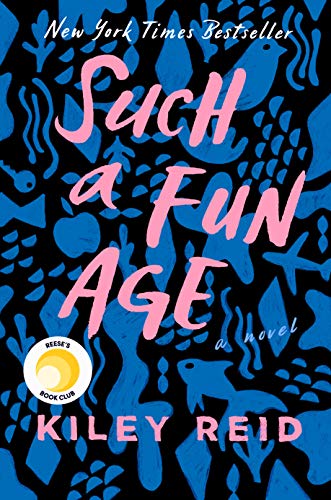
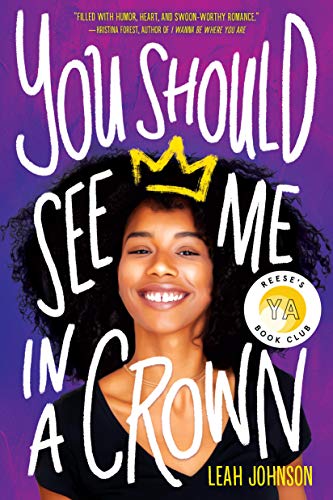
You Should See Me in a Crown by Leah Johnson

Caste: The Origins of Our Discontents by Isabel Wilkerson
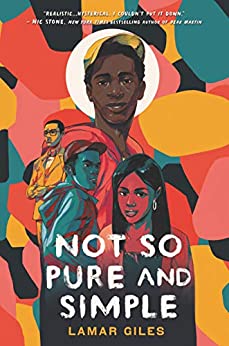
Not So Pure and Simple by Lamar Giles
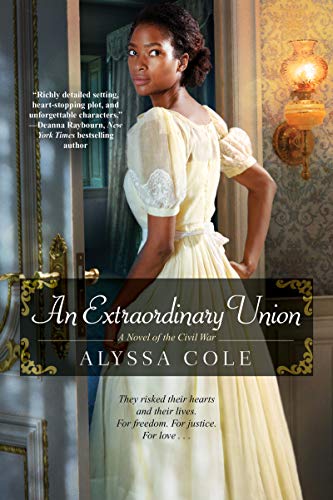
An Extraordinary Union by Alyssa Cole
Which titles have you already read? What are you excited to discuss or learn more about?
~Nikki
By the time we get down to my little section of the intro post, I feel like all I really have to say is: Ditto. Nikki has covered the main reasons why we make including diverse authors and characters a monthly goal not only in our reading life but on the blog as well. In addition to wanting to grow our own understanding, we want you, our dear reader, to see people who look like you represented here on Heart.Wants.Books. We want you to know that we take this seriously by admitting we’re not perfect, but we are trying, and that we’re open to more education in, constructive criticism of, and discussion about the way we include BIPOC and LGBTQ+ authors and characters. If you haven’t figured it out yet, we also appreciate a monthly theme and sometimes that makes it difficult to include the diversity we see in our (reading) lives represented on the blog. We hope you will continue to extend us grace and help us find the books needed to continue our self-directed diversity education.
It might come as a bit of a surprise, but I am not a consumer of news media. Paying attention to national and international situations that I can not control, and that rarely affect my daily life (I a thousand percent realize the privilege in that statement), ratchets up my anxiety to unbearable levels. I consider it an act of self-care to not engage with all the what-ifs that hound my brain regarding things that I have no control over. I manage it when it becomes an issue for my daily life, and including the perspectives of other people so that I can learn from and understand their opinions and struggles IS an issue for my daily life. Because that’s how I show the world I value being a person with compassion. And then I take action to better myself and the world around me, because it actually is NOT all about me. Except this blog, it is totally all about what I want to read, so, sorry for that disappointment. 😉 Ok, fine, Nikki gets a say, too, so that statement is false.
What books, themes, or authors can we bring to you that will help you (and us!) learn of the world from a different perspective?
~Ashley

PLEASE SUPPORT US WHEN YOU SHOP BY FIRST CLICKING ON THE IMAGES BELOW:




